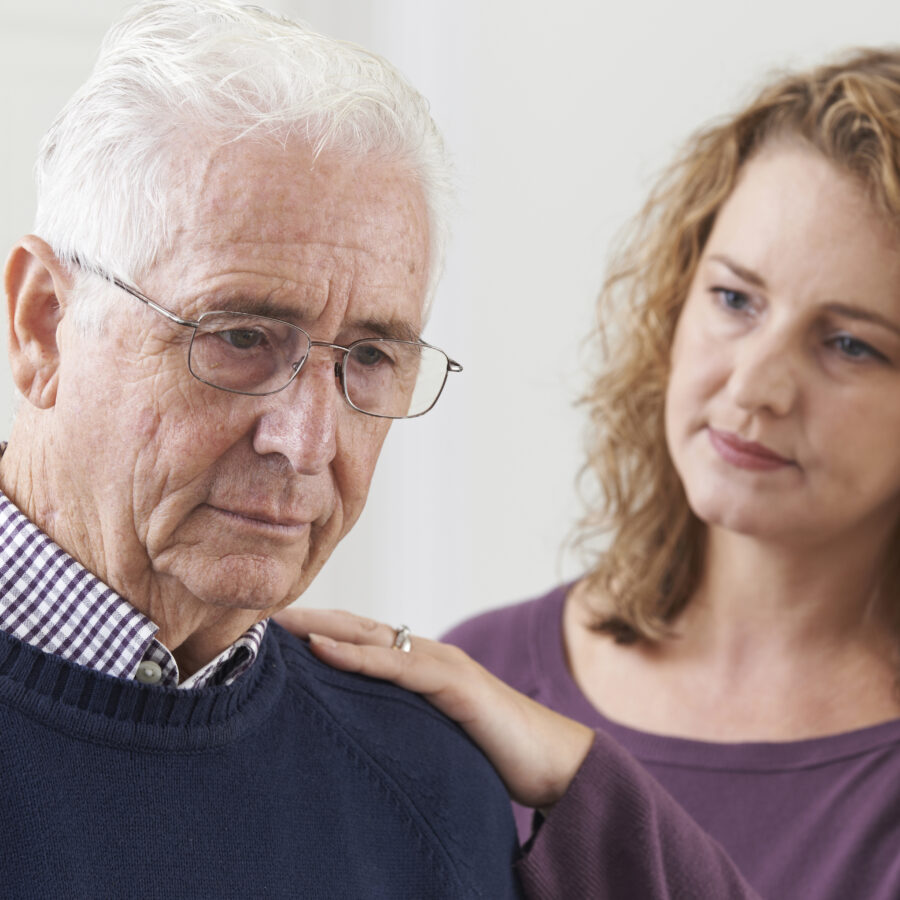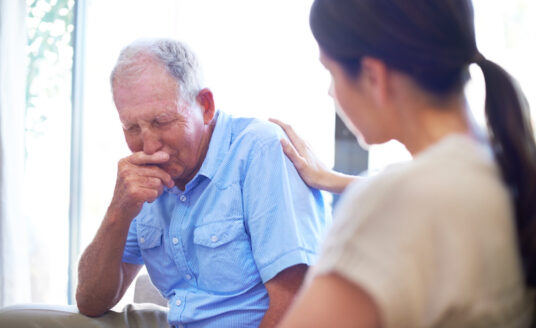We know that the death of a loved one affects us emotionally, physically, and mentally. Some of the most common grief experiences include sadness, relief, guilt, anger, loneliness, confusion, shock, numbness and fatigue. An inability to cope with grief can also affect your sleep, appetite and energy levels. People who are grieving often experience many of these feelings each day, which can leave us feeling overwhelmed.
With all of this going on, it can be hard to even think about the holidays.
Most of us recognize the holiday season typically as a time of year when people are cheery and festive; surrounding themselves with family togetherness, sharing meals and gifts, and giving thanks to one another. When we are grieving, participating in these events can be particularly challenging. With the holidays upon us, below are four tips that can help you cope with grief during the holidays.
Tips to Cope with Grief During the Holidays
1. BE MINDFUL OF OURSELVES
The anticipation and preparation needs of the holidays can increase our anxiety and stress levels. Those who have lost a loved one may start thinking about the approaching holiday meal at which their loved one will not be present. They may worry about how they will be able to deal with the pain of their absence. Acknowledging that holidays can bring additional stress is the first step in being mindful of ourselves and the level of tolerance we may have for holiday activities this year.
2. MAKE YOUR PLANS
A great way to decrease this anticipation and anxiety is to plan ahead for what you will be doing. The most important thing to recognize and understand is that it is okay for you to celebrate the holidays differently than you have in the past. In fact, it is also okay to not participate at all!
Think about your family traditions. If you feel extremely overwhelmed because you were always the host of family gatherings, and especially if you did a majority of the cooking, ask other family members if they wouldn’t mind hosting and cooking this year. If you typically send out Christmas cards but just do not have the energy to complete them this year, then do not send them.
Sometimes it is hard for people who are grieving to give themselves permission to say “No” to others. However, this is part of the grieving process, because we have to give ourselves adequate time to heal. Identifying those activities in which you feel comfortable participating may alleviate some of the anxiety and stress that anticipating the holidays can bring.
3. REMEMBER YOUR LOVED ONE
Incorporating a special ritual or remembrance activity during the holidays can bring comfort to those who are grieving. Continuous bonds are formed with our loved ones who have died when we find our own unique way to remember and honor them.
There are many ways to stay connected. Some examples include looking through old pictures and reminiscing, preparing their favorite holiday meal, saying a special prayer for them, lighting a candle, playing their favorite song or music, planting flowers, trees or making a memorial garden, visiting their burial place, or doing something that you know they would want you to do after they are gone.
4. LEAN ON OTHERS
Surrounding yourself with supportive, loving people can be one of the best things you can do when experiencing grief during the holidays. It’s okay to tell them that you are missing your loved one this year. It’s okay to shed tears. People may try to avoid mentioning the name of your loved one who died because they fear they will upset you, but remembering your loved one and talking openly about them often makes people feel better.
We hope that by using the tips above, you can decrease holiday stress, cope with grief during the holidays, and stay on a path towards peace and healing.
Want to find out more?
If you’d like to stay up to date with Bethesda Health Group, sign up here to receive our blog and newsletters!
"*" indicates required fields
Related Articles
Want to find out more?
If you’d like to stay up to date with Bethesda Health Group, sign up here to receive our blog and newsletters!
"*" indicates required fields



